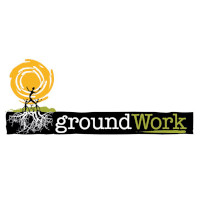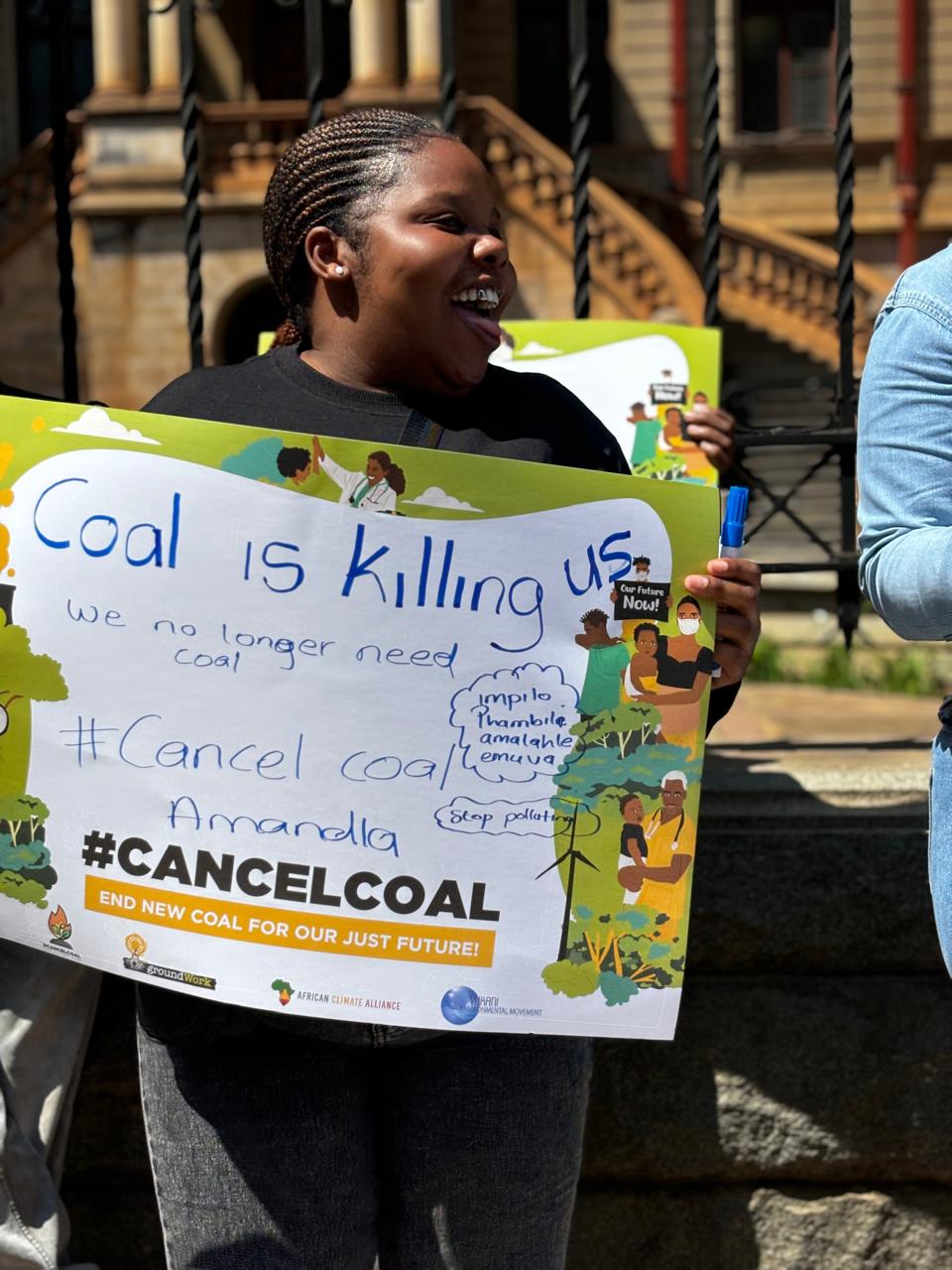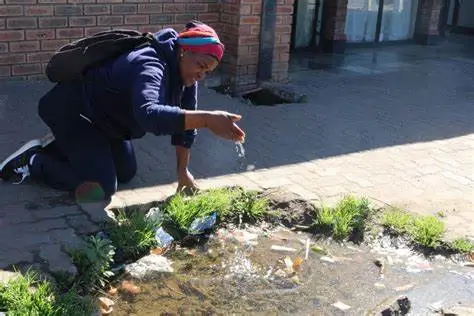Taking the fight for just transition and climate justice beyond the rhetoric in conference rooms to the reality on our doorsteps
Background
The African Coal Network (the Network), with 55 members in 21 African countries will review the outcomes of the 2022 United Nations Climate Change Conference – COP27 based upon its position and demands for climate justice.
In 2022, the African Union and the political leadership on this continent, is seen to be back-pedalling from commitments to the 2015 Paris Agreement on Climate Change in support of the fossil fuel industry, as stated in its position on Energy Access and Just Transition.
As civil society represented through the Network, we raise our voices, despite past attempts to stifle our concerns. We will continue fighting for climate justice and progress towards a just transition. These fights will not be abandoned, despite an increasingly hostile environment created to dissuade any substantial action and achievements on challenging fossil fuel extraction.
As key decision makers, and the corporate elite, who have infiltrated what should be a democratic space, and who are distant from those in struggle on the ground, spend their last few days in Sharm el-Sheikh, Egypt we want to be clear. All fossil fuel expansion MUST STOP NOW and present developments must wind down as soon is feasibly possible to ensure a just transition for those affected most by climate change and injustice.
Attention to all African Heads of State, Ministers and representatives negotiating on behalf of their governments and constituted groups
On this 27th gathering of the United Nations Framework Convention on Climate Change, we call for a deep recognition of the present science and peoples testimonies, and for upholding the founding principles of the international environment treaty – established to combat the dangerous human interference with the climate system.
We recognise that, as a global community, we are far from realising this aim. Yet we remain hopeful that because of our efforts and resistance on the ground that those responsible for the climate crisis will be moved to implement commitments to reduce toxic emissions causing climate change. They cannot continue to ignore the commitments of the past.
The IPCC’s Six Assessment report on the impact of climate crisis paints a continual spiralling and widespread devastation due to human-induced climate change. Strong recommendations from the report are urgent, immediate and ambitious actions to address climate risks. The window of action is narrowing.
We are facing the impact of the climate crisis. Each day is an attempt to survive the extreme weather conditions, the displacements due to floods and cyclones, the destruction of homes, crops and herds, the hunger due to droughts and destroyed food sources. At this moment, we are in solidarity with all communities in the Global South that endure the most suffering, despite contributing the least to the climate crisis.
In our minds, it is very clear that there is no future for oil, gas and coal. Particularly in the future world that we are trying to create that is regenerative, democratic and respects all peoples on this planet. We must ensure that getting there is just, not just for the global community but for African people—especially those who go to bed each night without electricity and food.
As a collective, we are unwavering on the standpoint that any transition process discussed and negotiated needs to talk about justice, peoples economies and improve community services and provisions to build resilience in the face of the climate challenge.
Further to this, we will view the outcomes from the strong national positions we collectively shared in September 2022. positions from our collective on what needs to be addressed:
Protecting human rights, democracy and free spaces: Protection of community and NGO activists who resist the expansion of the fossil fuel industry is critical. For indeed they are the people who are ensuring real climate action is taken. Keeping fossil fuel in the ground. Allow them to participate freely and democratically in challenging the powerful that seek to continue the expansion of fossil fuels. We want real freedom promised to us as we decolonize our lands.
Consultation, hearing and acting: Especially with youth, women, disabled, climate migrants, the LGBTQI+ community and affected communities. You cannot listen in the sanitised halls of the UNFCCC. Come to the places of struggle and hear those in struggle speak for themselves. It is here where people are most impacted. Democracy lives at a local level not in distant elite spaces. We need real democracy.
War and Violence: The exploitation of fossil fuels from Mozambique to Nigeria from Uganda to South Africa fuels wars and violence against the people of the land and the land itself. We want peace.
Energy mix: The current energy mix across Africa is heavily in favour of fossil fuels and our leaders are pushing gas which impacts on communities across the region at the local level of extraction and production to those impacted upon by climate change. We want renewable energy that serves African people first.
Climate finance: Africa needs meaningful and real finance for mitigation, adaptation and loss and damage. We are tired of promises and the lies of those Northern governments who have benefited from creating the present climate catastrophe. We want real money based upon the climate debt that is owed to the South by the North and those who continue to exploit fossil fuels.
Destruction of food systems: We note the abuse of agriculture, land and food systems as climate change destroys the African food systems and is devastating the livelihoods of the most vulnerable communities. The fossil fuel dependent food system is the antithesis of peoples food systems controlled by the people that need food. We fight for and demand food sovereignty.
Destruction of land: Deforestation and the degradation of our ecosystems are too common. We demand that our forests and ecosystems serve the people of Africa and are not used for trading by polluters.
Migration: Climate related environmental disasters have forced people to migrate especially to urban centres, triggering resource conflicts, adaptation challenges and disputes with host communities over limited resources, coupled with significant changes in livelihoods, activities and traditional gender roles in communities. We recognise that we are all African and we need to develop systems that will accommodate and support those that are forced to migrate because of climate devastation.
Health: From the fenceline of toxic fossil fuel extraction to industrial production sites, to the growing urban areas where African people are forced to live in poorly serviced spaces and poverty, people’s health is impacted. We call for health care systems that serve the poor as they deal with climate change impacts.
It has become increasingly clear that the fossil fuels industry will stop at nothing to win the fight to delay a just transition and shift to cleaner energy production systems that serve people first.
Sadly, institutions such as the UNFCCC that should be protecting the people on the ‘front lines’ of climate injustice and in particular African interests and sustainability are aiding and abetting this continued exploitation, destruction of the environment and natural resources and the displacement of lives and livelihoods in the region.
You will be judged harshly.
End
– The Africa Coal Network (ACN) works with 55 organisations in 21 African countries and is recognised in the region and beyond. It continues to strengthen and support various national and grassroots coal struggles, bringing them together through various platforms. The Network strives to grow the demand for a coal phase-out – and other forms of dirty energy – for a just transition across Africa.
– groundWork is a non-profit environmental justice organisation working primarily in South Africa and seeks to improve the quality of life of vulnerable people.
– Power Shift Africa’s mission is to mobilise climate action in Africa, and amplify African voices through increased visibility in media and public communications.
For queries contact
Tsepang Molefe on +27 74 405 1257 or email media@groundwork.org.za
Buyi Makhoba on +27 74 249 0283 or email Buyi.makhoba02@gmail.com
The post The African Coal Network: How to assess the outcomes of COP27 appeared first on Groundwork.






